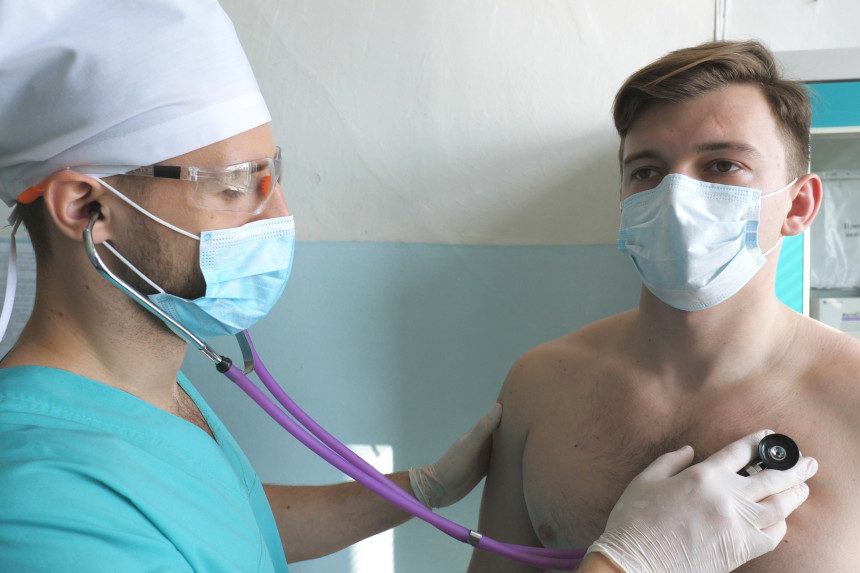“Your Health Checkup” is our online column by Dr. Douglas Zipes, an internationally acclaimed cardiologist, professor, author, inventor, and authority on pacing and electrophysiology. Dr. Zipes is also a contributor to The Saturday Evening Post print magazine. Subscribe to receive thoughtful articles, new fiction, health and wellness advice, and gems from our archive.
Order Dr. Zipes’ new book, Bear’s Promise, and check out his website www.dougzipes.us.
Last week a friend from long ago asked for advice after he developed heart failure. I told him that such dramatic changes have occurred in the care of patients with heart disease that locating an expert familiar with the new approaches might prolong his life.
- Major advances have transformed treatment of heart valves that have become dysfunctional from either narrowing or leaking. Many of these valve repairs or replacements can be achieved without the need for open heart surgery by using catheters placed in a leg blood vessel and manipulated to treat the abnormal valve. The hospital stay is usually just overnight or even same day discharge in some instances, with prompt resumption of normal activities.
- Key advances in creating stents to prop open clogged arteries to the heart have yielded impressive results for patients with arteriosclerotic heart disease due to cholesterol-related problems. Interventional cardiologists implant these stents to restore blood flow to areas of deprived heart muscle.
- Administration of statins, a new concentrated fish oil medication called icosapent ethyl, and a complex drug called PCSK9 inhibitor have been able to drive abnormal cholesterol (LDL) levels to new lows that might even reverse some arterial obstructions.
- Innovations in treating heart rhythm problems with implantable pacemakers, defibrillators, and monitors have saved hundreds of thousands of lives. Electrophysiologists can pinpoint the precise site of abnormal rhythm activity in the heart and eliminate it by destroying the tissue with a catheter directed to that site. This approach has revolutionized treatment of arrhythmias. Early work indicates that finding and eliminating the abnormal rhythm may soon be accomplished noninvasively.
- We have also made important progress in drug development for treating weakened heart muscle responsible for heart failure. A combination drug, sacubitril/valsartan, has been shown to improve outcomes in patients with heart failure. A revolutionary group of gliflozin drugs called SGLT2 inhibitors that began as treatment for diabetes has had spectacular results in improving heart failure in patients whether or not they have diabetes or kidney disease.
Sir William Osler, a famous Canadian physician and co-founder of Johns Hopkins Hospital, once said that the young physician begins his life using twenty drugs to treat one disease while the old physician concludes his life with one drug to treat twenty diseases. This aphorism is no longer applicable, if it ever was, since the choice for treating most heart problems has expanded beyond the capability of any one drug or even one cardiologist unless they specialize in that particular area. While the choice may not be twenty drugs for one disease, but more than one is often the rule and not the exception.
Thus, my advice to patients questioning their care is to seek a second opinion from a cardiologist specializing in the area of their problem. Do not be afraid of hurting the feelings of your present doctor. Any physician truly interested in your wellbeing values a second opinion from another specialist that may help direct your care.
Finally, do not let the present pandemic prevent you from seeking appropriate medical support. Delaying needed treatment will only adversely affect your health.
Featured image: Oleh Slepchenko / Shutterstock
Become a Saturday Evening Post member and enjoy unlimited access. Subscribe now



